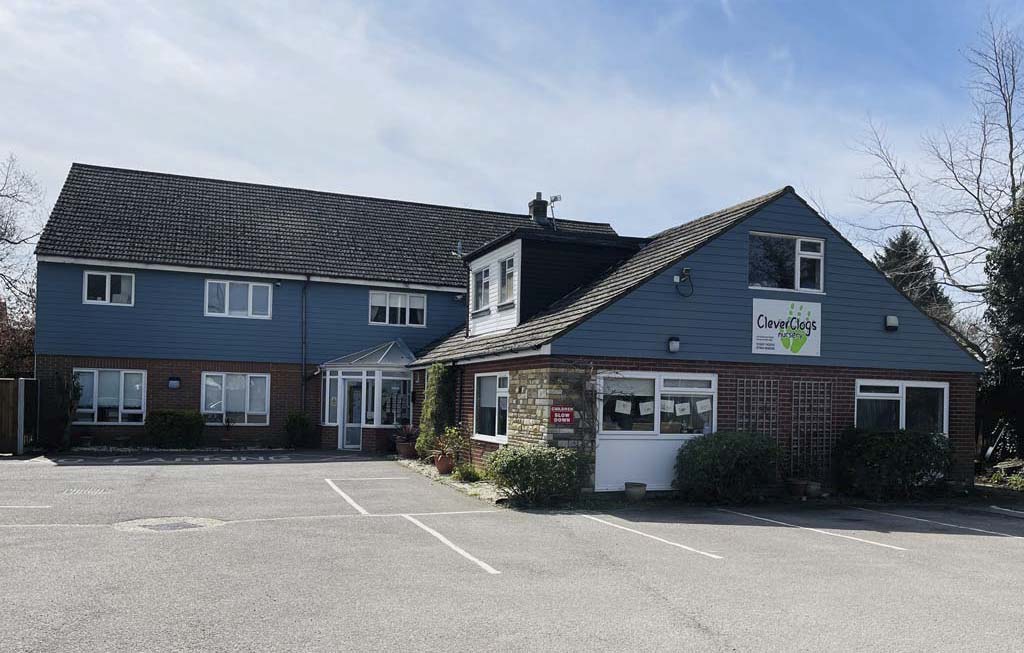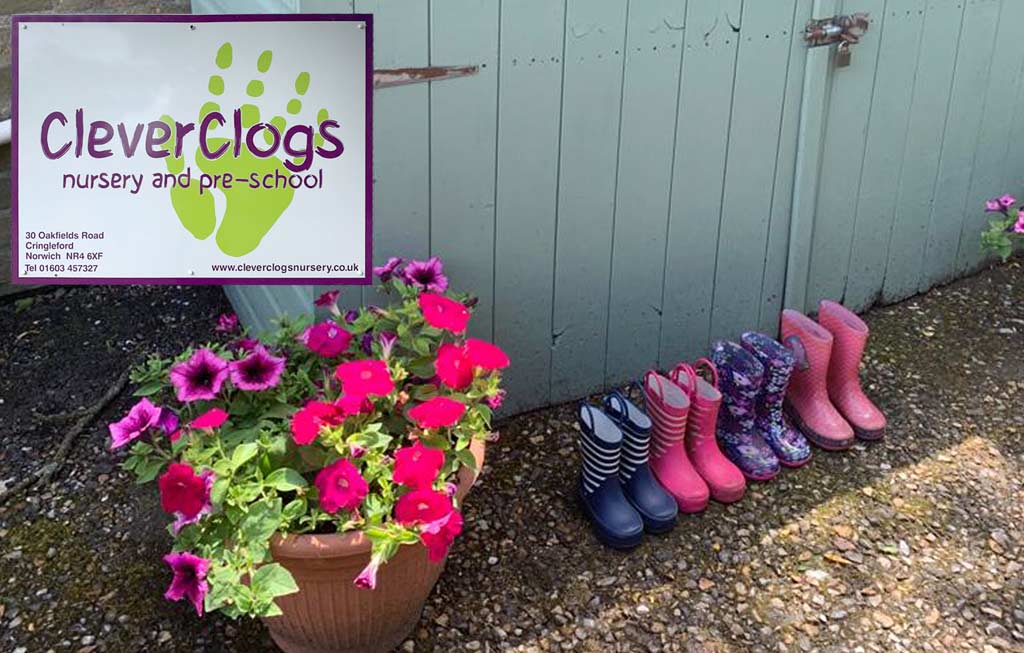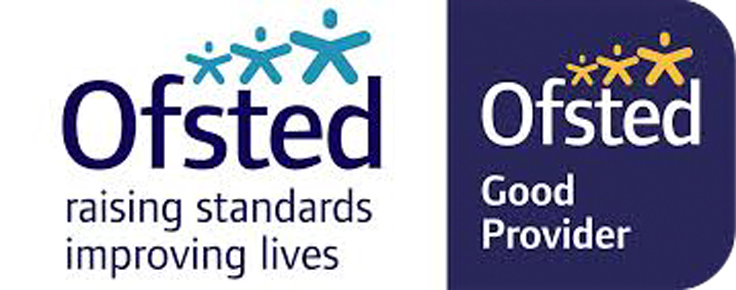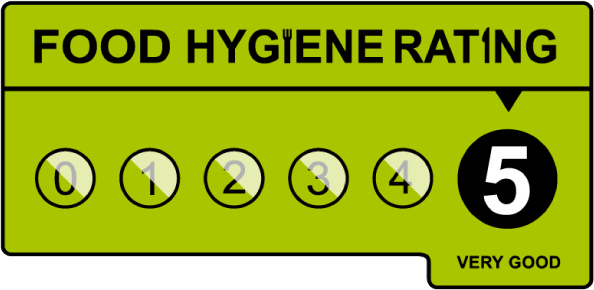CleverClogs Nursery and Pre-school
Managing children with allergies, or who are sick or infectious Policy
Policy Statement
We provide care for healthy children and promote health through identifying allergies and preventing contact with the allergenic substance and through preventing cross infection of viruses and bacterial infections.
Procedures for children with allergies
When parents start their children at the setting they are asked if their child suffers from any known allergies. This is recorded on the registration form. If a child has an allergy, a risk assessment form is completed .
This form is displayed where staff can see it. GPs or a trained nurse train staff in how to administer special medicine in the event of an allergic reaction. Generally no nuts or nut products are used within the setting. Parents are made aware so that nut or nut products are not accidentally brought in, for example to a party.
Insurance requirements for children with allergies and disabilities
The insurance will automatically include children with any disability or allergy but certain procedures must be strictly adhered to as set out below.
At all times the administration of medication must be compliant with the Welfare Requirements of the Early Years Foundation Stage and follow procedures based on advice given in Managing Medicines in Schools and Early Years Settings (DfES 2005)
Oral medication
Asthma inhalers are now regarded as oral medication. Oral medications must be prescribed by a GP or have manufacturers instructions clearly written on them. The group is provided with clear written instructions on how to administer such medicine. All risk assessments procedures need to be adhered to for the correct storage and administration of the medication. The group must have the parents or guardians prior written consent. This consent must be kept on file.
Life saving medication and invasive treatments – adrenaline injections (Epipens) for anaphylactic shock reactions (caused by allergies to nuts, eggs etc) or invasive treatments such as rectal administration of Diazepam (for epilepsy)
CleverClogs must have:
A letter from the child’s GP/ consultant stating the child’s condition and what medication if any is to be administered;
Written consent from the parent or guardian allowing staff to administer medication: and proof of training in the administration of such medication by the child’s GP, a district nurse, children’s nurse specialist or a community paediatric nurse.
Special needs children – children requiring help with tubes to help with everyday living e.g. breathing apparatus, to take nourishment, colostomy bag etc. Prior written consent from the child’s parent or guardian to give treatment and / or medication prescribed by the child’s GP. Team Leader to have medical training/experience, which may include those who have received appropriate instructions from parents or guardians or who have qualifications.
Procedures for children who are sick or infectious
If children appear unwell during the day – have a temperature, sickness, diarrhoea or pains, particularly in the head or stomach – we will call the parents or guardian and ask them to collect the child, or send a known carer to collect on their behalf. If a child has a temperature, they are kept cool by removing top clothing, sponging their heads with cool water, but kept away from draughts. Temperature is taken using a thermometer. If the temperature remains at a high temperature parental consent is sought to give emergency children’s paracetamol, whilst waiting for the parent or guardian to come and collect. In extreme cases of emergency the child should be taken to the nearest hospital and the parent informed. Throughout these processes a staff member will fill out a sudden illness form, recording regular temperature checks and any symptoms. The manager will also be informed. Parents / guardians are asked to take their child to the doctor before returning them to the nursery; the nursery can refuse admittance to children who have a temperature, sickness and diarrhoea or a contagious infection or disease. Where children have been prescribed antibiotics, parents are asked to keep them at home for 24 hours before returning to the setting. After sickness or diarrhoea, parents are asked to keep children home for 48 hours after the last bout. The setting has a list of infectious diseases and current exclusion times. The full list is obtainable from www.patient.co.uk and includes common childhood illnesses.
Reporting of ‘notifiable diseases’
If a child or adult is diagnosed suffering from a notifiable disease under the Public Health (Infectious Diseases Regulations 1998), the GP will report this to the Health Protection Agency. When the setting becomes aware, or is formally informed of the notifiable disease, the manager informs Ofsted within 14 days of the incident occuring and acts on any advice given by the Health Protection Agency. A notice in the entrance area will inform parents/carers if we are notified of a child with a notifiable infection or communicable disease.
HIV/AIDS/Hepatitis
HIV virus, like other viruses such as Hepatitis (A,B and C)are spread through the body fluids. Hygiene precautions for dealing with body fluids are the same for all children and adults. Single use gloves and aprons are worn when changing children’s nappies, pants and clothing that are soiled with blood, urine, faeces or vomit. Gloves are used for cleaning / sluicing clothing after changing. Soiled clothing is rinsed and either bagged for parents to collect or laundered in the nursery. Spills of blood, urine, faeces or vomit are cleared using mild disinfectant solution and mops, cloths used are disposed of with the clinical waste. Anything else that came into contact with the bodily fluid is cleaned using mild disinfectant solution or disposed of.
Nits and head lice
Nits and head lice are not an excludable condition. On identifying case of head lice a notice to all parents will be displayed asking them to check their child’s and family’s hair for head lice. Information of ways of treating head lice will also be given.
CleverClogs
Longwater
441 Dereham Road New Costessey
Norwich NR5 OSG
Click here for CleverClogs Longwater


CleverClogs
Cringleford
30 Oakfields Road Cringleford
Norwich NR4 6XF
Click here for CleverClogs Cringleford



